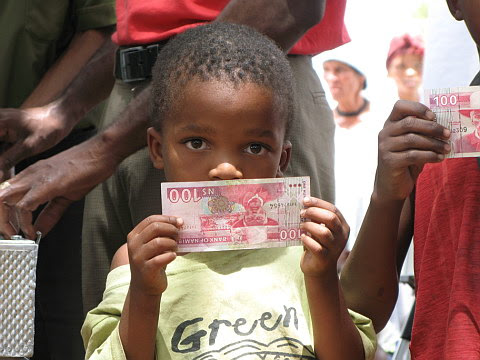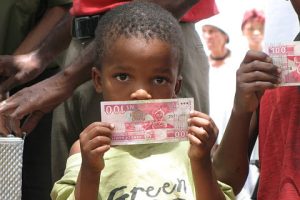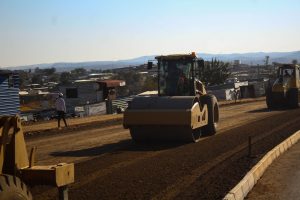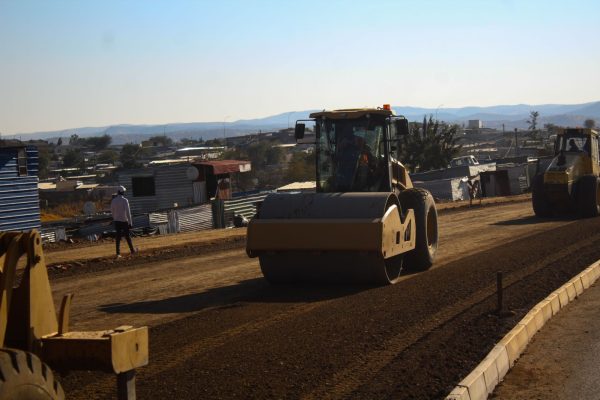
By: Nghiinomenwa-vali Hangala
There is no structured format or formula for how the government allocates money for capital projects to the regions and local authorities across the country.
This was revealed by the Minister of Urban and Rural Development, James Sankwasa, who is responsible for allocating capital funds and subsidies to the regions and local authorities. He was responding to a fellow parliamentarian, Ambrosious Kambwa, last week.
According to Sankwasa, there is no specific formula for allocating capital funds to the regions; they are allocated in order of priorities.
Firstly, the ministry allocates capital projects if the region or locality has an ongoing project that spans over a period of two years or financial years. Secondly, they allocate capital funds according to critical, life-threatening, unforeseen emergency projects.
And lastly, capital funds are allocated in response to projects related to preventative measures (repairs, maintenance of bulk infrastructures, pumps, sewer treatment, water treatment plants, oxidation ponds, etc).
According to Sankwasa, this is because the funds available in a specific financial year are merely sufficient to cover the required cash flow for projects to provide basic services for every locality in the country.
Kambwa’s questions come at a time when there are questions and worries that certain towns/local authorities are underfunded by the government in terms of subsidies and capital projects, despite their population sizes and developmental needs.
Sankwasa also clarified that his ministry does not transfer capital funds to the regional council and local authorities as stated in the national budget, but that the transfer is done on the submission and verification of invoices for the actual work done.
“Regional councils and local authorities must ensure that they submit the invoices with all the supporting mandatory documents as listed on the Standard Checklist,” he stated.
During the Rural Development Annual Progress Review and Planning Workshop in Otjiwarongo last week, the Urban and Rural Ministry also indicated that it has observed that some regional councils are facing challenges in expediting project implementation due to differing views within their councils.
“This challenge has led to a division of financial resources into meagre tranches that do not always yield the desired results,” the ministry observed.
It added that the funds allocated to rural development programmes are not sufficient to finance all community initiatives, but it is the collective responsibility to ensure that they are used effectively and accounted for.
Furthermore, according to the ministry, all projects must be subjected to rigorous appraisal by the constituency development committees, regional development committees, and subsequently the regional councils in compliance with the guidelines as agreed to and directed by the ministry.
Together with the regional councils, the ministry has also announced that it will revive rural development programmes to address the needs of rural communities. Meanwhile, to tackle rural unemployment, the Cash for Work Programme is currently under review.
In terms of funding the programme, the ministry is exploring financing options, including recalling funds from inactive projects or unutilised savings into the bank accounts of regional councils reserved for rural development projects.
“As a Ministry, we are committed to ensuring that Regional Councils no longer accumulate savings in bank accounts while people live in poverty,” the ministry wrote.
erastus@thevillager.com.na










